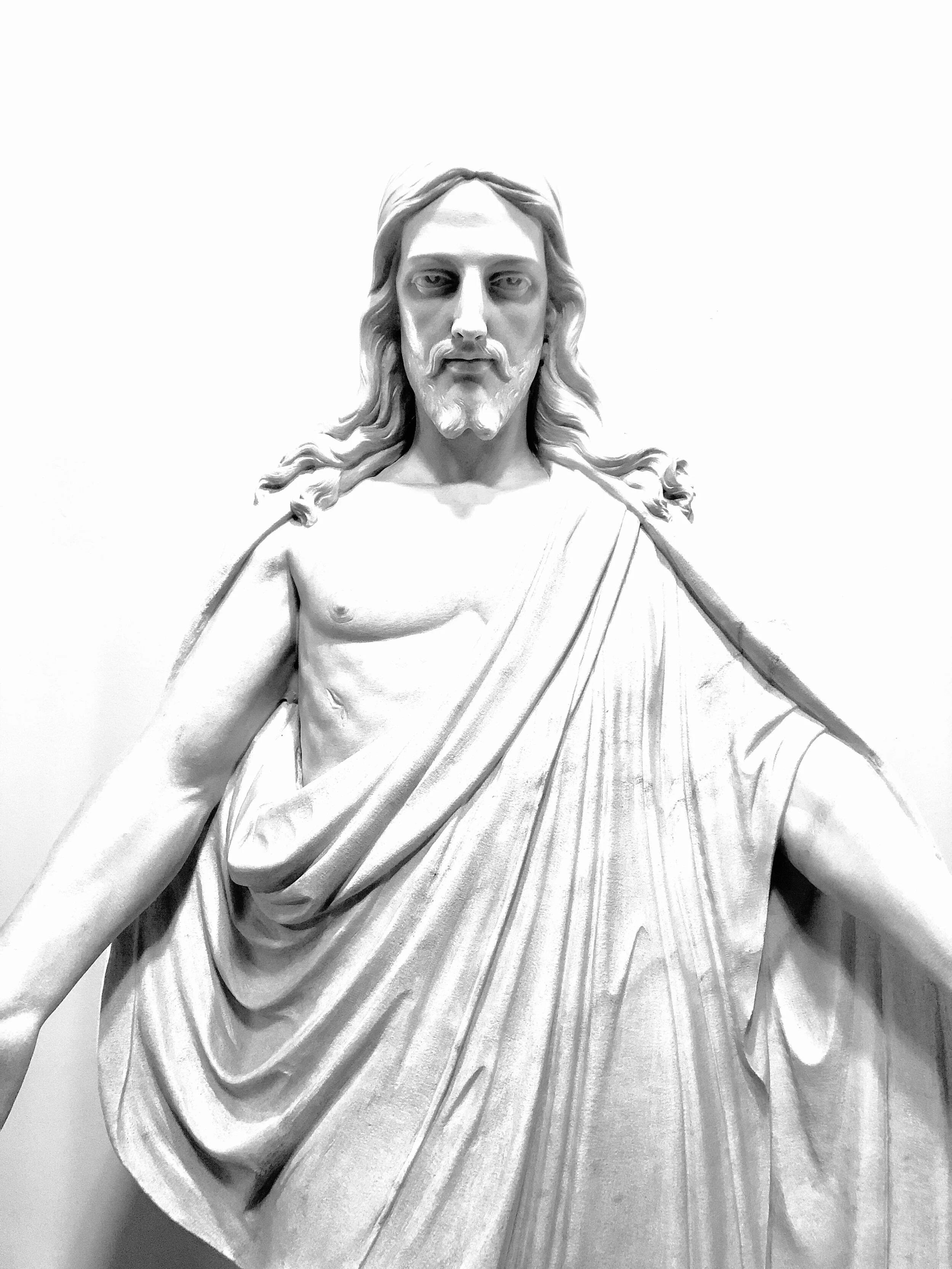Happy Easter!
Today we consider the resurrection of Jesus of Nazareth. What follows is a compilation of the eyewitness resurrection accounts of Jesus Christ as told by the authors of the gospels (click here for the eyewitness account of his crucifixion). They have been edited together to maintain the flow of the narrative and do not include Jesus’ multiple appearances following his resurrection. The accounts are framed by Paul’s extended reflection on the importance of the resurrection.
He is risen! He is risen indeed!
Raised on the Third Day
Now I would remind you, brothers, of the gospel I preached to you, which you received, in which you stand, and by which you are being saved, if you hold fast to the word I preached to you—unless you believed in vain..














